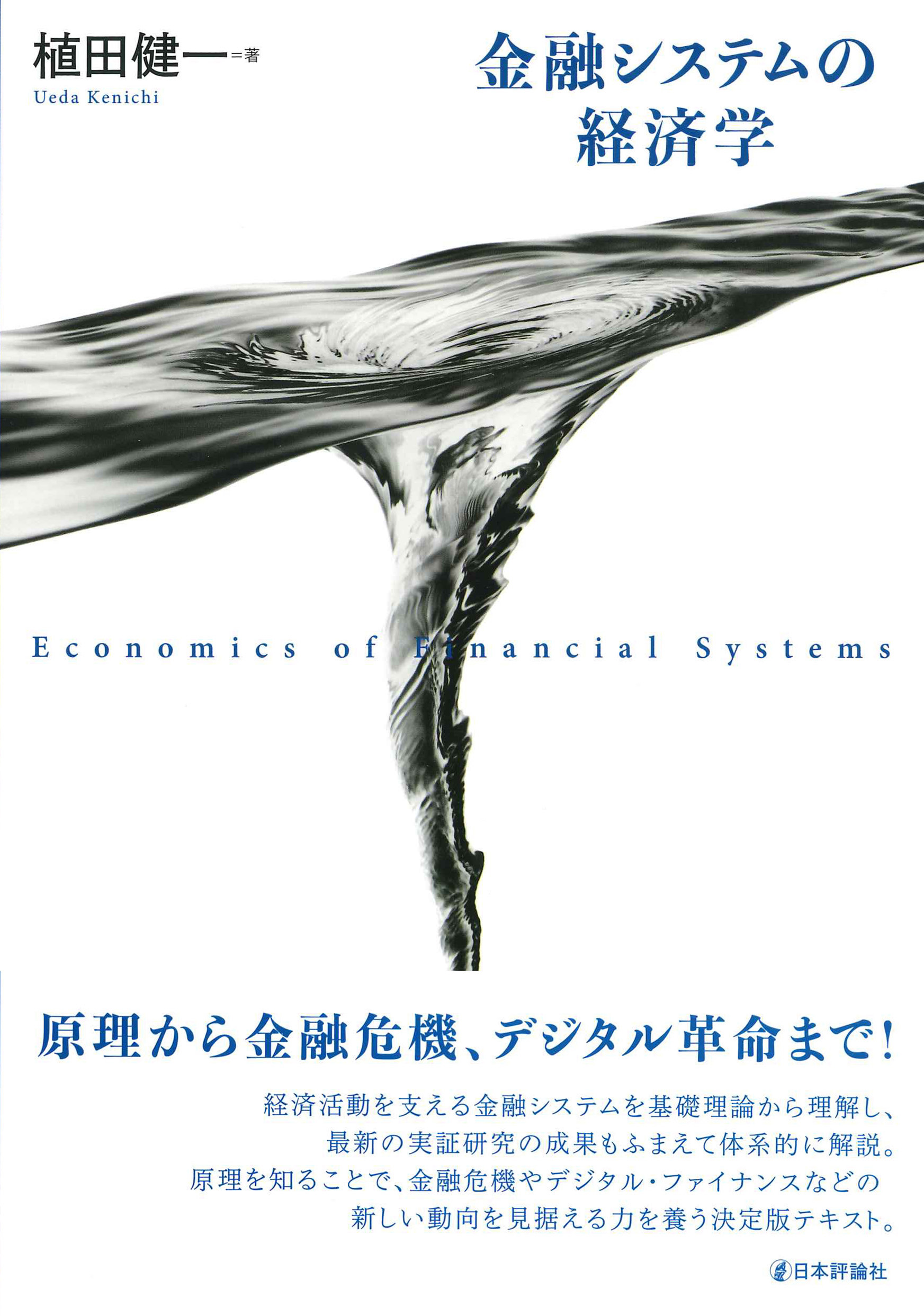
Title
Kinyu System no Keizai-gaku (Economics of Financial Systems)
Size
260 pages, A5 format
Language
Japanese
Released
March, 2022
ISBN
978-4-535-54027-9
Published by
Nippon Hyoron sha Co., Ltd.
Book Info
See Book Availability at Library
Japanese Page
How can we analyze the financial sector properly? How should we design the institutional setup and policies related to finance? These are both recognized as difficult questions to answer. This book aims to summarize the vast and various forms of research findings, in order to explain them from a big picture perspective. This collection of research has been created based on my own interest and, occasionally, includes outcomes from research that I have conducted over the past 20 years.
Each chapter of this book was published in serial form in the bimonthly magazine, Keizai Seminar (Tokyo: Nippon Hyoron sha), targeting those students and practitioners who study economics. The original 13 articles were published in the magazine between the August/September 2019 and August/September 2021 issues and have now been reframed into this 12-chapter book.
Chapters 1, 2, and 3 contain an overview of the history and current issues regarding the linkages between finance and macroeconomy in the world. A particular focus relates to the evaluation of financial liberalization and globalization which occurred mainly from the 1980s onward, in contrast to the financial repression used up until the 1970s, when governments intervened directly in the financial system. In Japan, this was called the “convoy” system.
Chapters 4, 5, and 6 then explain the theoretical reasons why the government should, in principle, not intervene in financial systems. This in turn justifies the financial liberalization. Chapter 7 shows key empirical findings relating to the functioning of the financial system, from the viewpoint of households.
Chapters 8, 9, and 10 go on to show the theoretical necessity for indirect regulations, such as the capital adequacy ratio regulation for banks, while consistently arguing to eliminate the direct regulations that lead to financial repression. The theories explained here also serve as theories of financial crisis, which could possibly occur under a liberalized financial system. Additionally, the related research findings on corporate finance, including the importance of good corporate governance, are also presented.
Chapters 11 and 12 discuss recent issues relating to digital finance (including fintech), crypto assets, and digital currencies (including central bank digital currency).
I hope that this book helps to design a better institutional setup for the financial system and assists in shaping the related policies. Moreover, I wish for this book to help guide and inspire both current and future researchers to deepen their research on the economics of financial systems.
(Written by UEDA Kenichi, Professor, Graduate School of Economics / 2022)



 Find a book
Find a book



